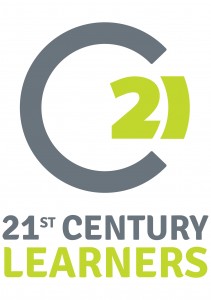How could education be different?
I have been writing my ‘Level 3 Assignment’ for Sapere as I work towards becoming an accredited trainer in Philosophy for Children. In the process I have encountered some fundamental questions: ‘What are the purposes of education?’, ‘In what ways are children distinct from adults?’ and ‘What are the implications of our answers?’ Heavy going!
One thing I learned is that there are no definitive answers to such questions. I also realised that I have a responsibility to keep on asking them. Schools have a massive impact on the identities of our children – whether they do so wittingly or not. Many of us now accept that children are capable of ‘thinking for themselves’ far more extensively and at an earlier age than is suggested by developmental models of childhood such as those of Piaget and Kohlberg. Yet the basic model of mass schooling was established in a bygone age when the prevailing view of childhood was very different: children were not expected to challenge the paternalistic authority of the school and they were not thought able to make a meaningful contribution to the community. They were taken to institutions away from the adult world, grouped according to their age (not interests or aptitudes) and mechanistically prepared for a distant future in an industrial world. No wonder they became disenfranchised! And if we persist with the same model of schooling without considering its impact on the identities of our children or how the future that awaits them has changed then we risk perpetuating an anachronistic system that continues to disenfranchise young people. I always find this video from Richard Gerver thought-provoking. It is perhaps a little dismissive of the importance of knowledge, but certainly makes the case for valuing skills and attitudes!
How could / should (and in some cases is) schooling be different today? How can we help our children to find their voices, to play a genuine part in taking the decisions that affect their lives and to make real and valuable contributions to their communities? How can we help them to build on childlike qualities such as curiosity, openness and enthusiasm, and to prepare for a self-determined life in a rapidly evolving 21st century world? All of us in education have a responsibility to grapple with such questions and to challenge the thinking of those in positions of authority if we are to work together to create an education system that is worthy of our 21st century learners.


